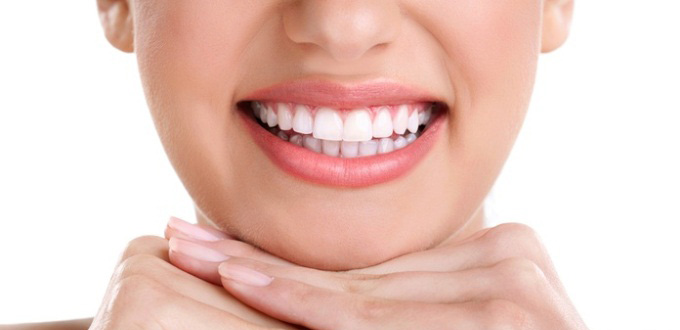You might be happy to hear that porcelain crowns are remarkably durable, maintaining their shape and function for many years. But at some point down the line, the crown may need to be replaced. To help you know what to expect in the future, let’s look at how long porcelain crowns tend to last, what causes them to fail, and how we help maintain them at our cosmetic dentistry practice in Ho Chi Minh City, Vietnam.
What Is the Average Lifespan of Dental Crowns?
Typically, dental crowns tend to last between five and 15 years, with some crowns even lasting up to 25 or 30 years. It’s a big range, mostly depending on the patient’s dental hygiene and habits. But most insurance companies will pay if the crown needs to be replaced after five years; a well-made crown should not have any defects that need replacement before five years. If the crown was manufactured to the highest standards, properly fitted to your bite, and well cared for, it can potentially last a lifetime.
Why Do Dental Crowns Need Replacement?
Dental porcelain is strong, but your jaw, natural teeth, and bad habits can be weaken the crown over time. The three most common reasons that dental crowns become weakened and need replacement are:
Bite issues: One of the most common reasons that a crown fails is due to bite issues, especially in patients who grind or clench their teeth. Your jaw can exert extreme amounts of pressure, and even the most expertly made dental crowns can break in these situations. Likewise, if the crown was not properly fitted to your bite, or if you have a bite imbalance, you might see your crown fail sooner than expected.
Wear and tear: Other bad habits can also put extra pressure on your crown. Chewing on ice, biting your fingernails, and opening plastic packaging with your teeth can all cause the porcelain to chip or break.
Decay: Especially with older crowns, decay can become your worst enemy. The crown itself won’t decay or corrode, but your natural tooth underneath the crown is still vulnerable. Good brushing and flossing habits keep your gums healthy, which protect the natural tooth inside a crown. Once the gum recedes around the crown and a margin develops at the edges, decay can creep inside the crown and damage your tooth. In these cases, you may end up needing a root canal if the infection is severe.
If you don’t have any of these problems, but you’re worried because your crown is over 15 years old, the good news is that it doesn’t need to be replaced just because it’s old. Even if the crown chips, we can usually smooth off the chipped surface and the crown will still be functional. For a crown that’s older than 10 or 15 years but in good condition, we’ll simply keep an eye on it to make sure it doesn’t develop any margins or decay.
How Can I Protect My Crown?
A crowned tooth doesn’t require special care, but it does need to be protected from decay just like your other teeth. Be sure to practice good oral hygiene habits, including brushing your teeth twice a day and flossing once a day, making sure to thoroughly clean around the crown especially at the gum line. Avoid biting on hard objects with your crown.
At your regular check-ups, we will be sure to assess your crown for any signs of decay, damage, or bite issues. If you clench or grind your teeth, we might recommend a custom-made night guard to help protect the crown as well as your other teeth.

